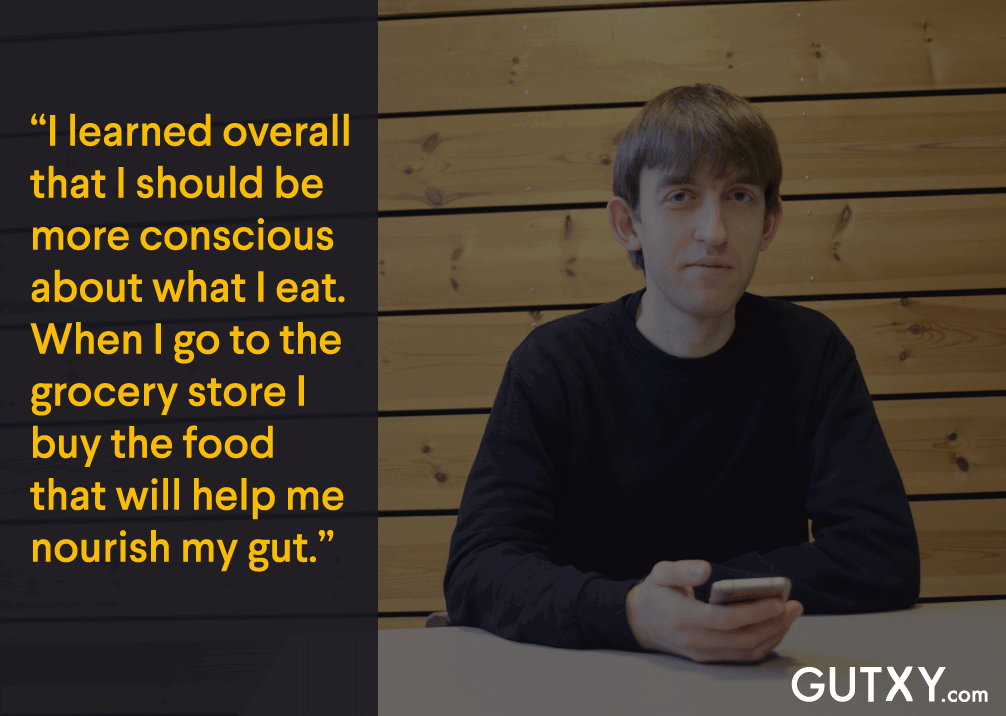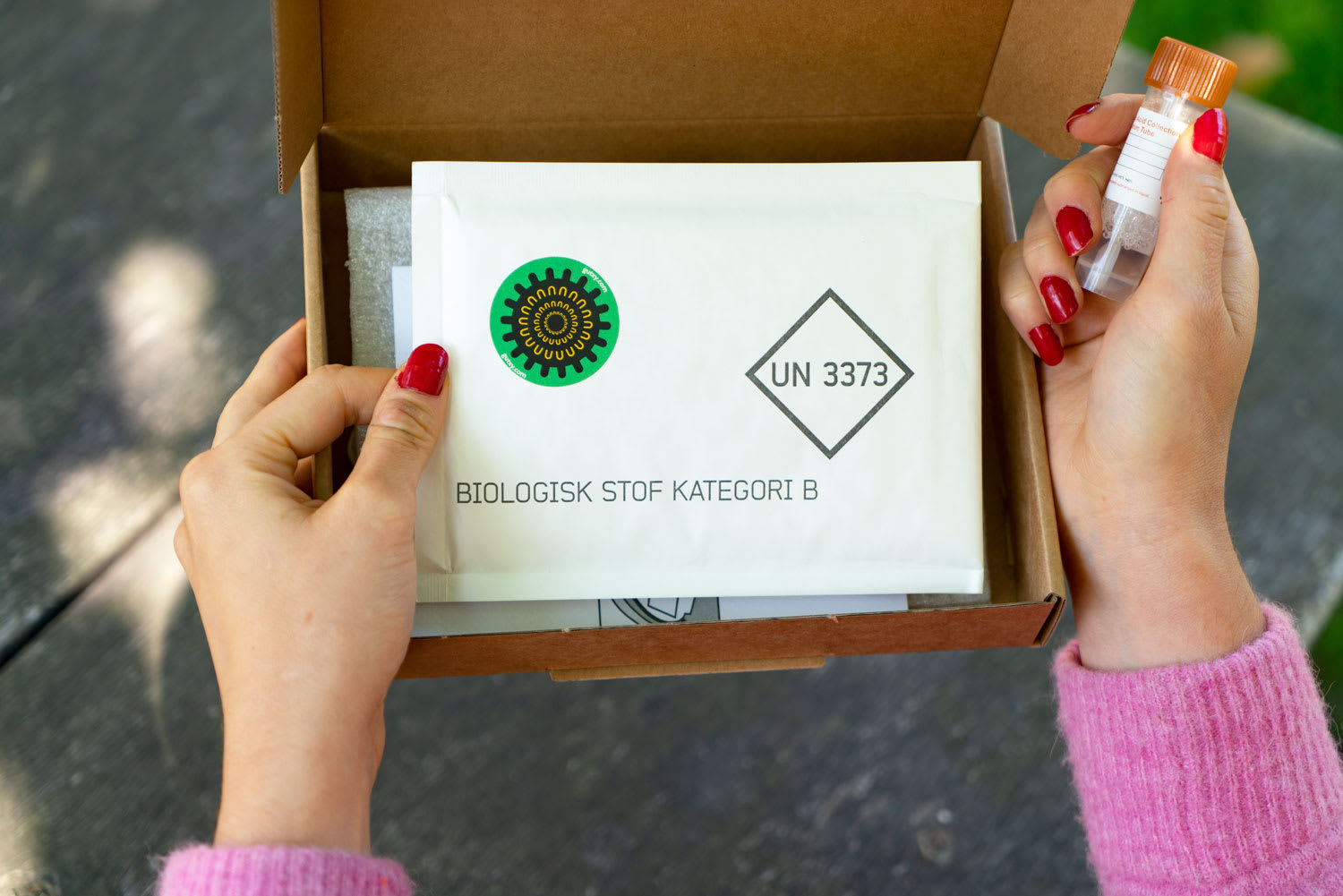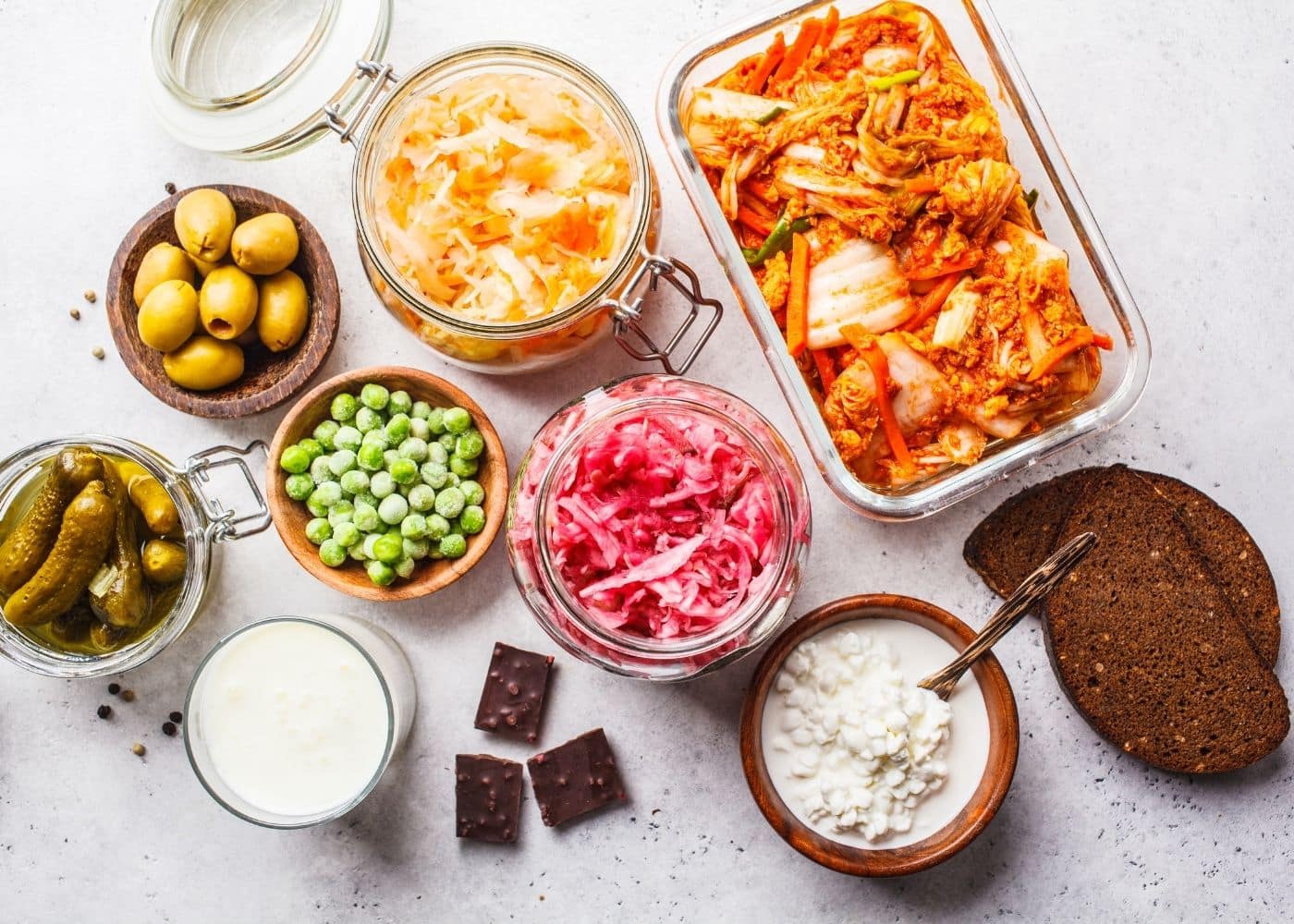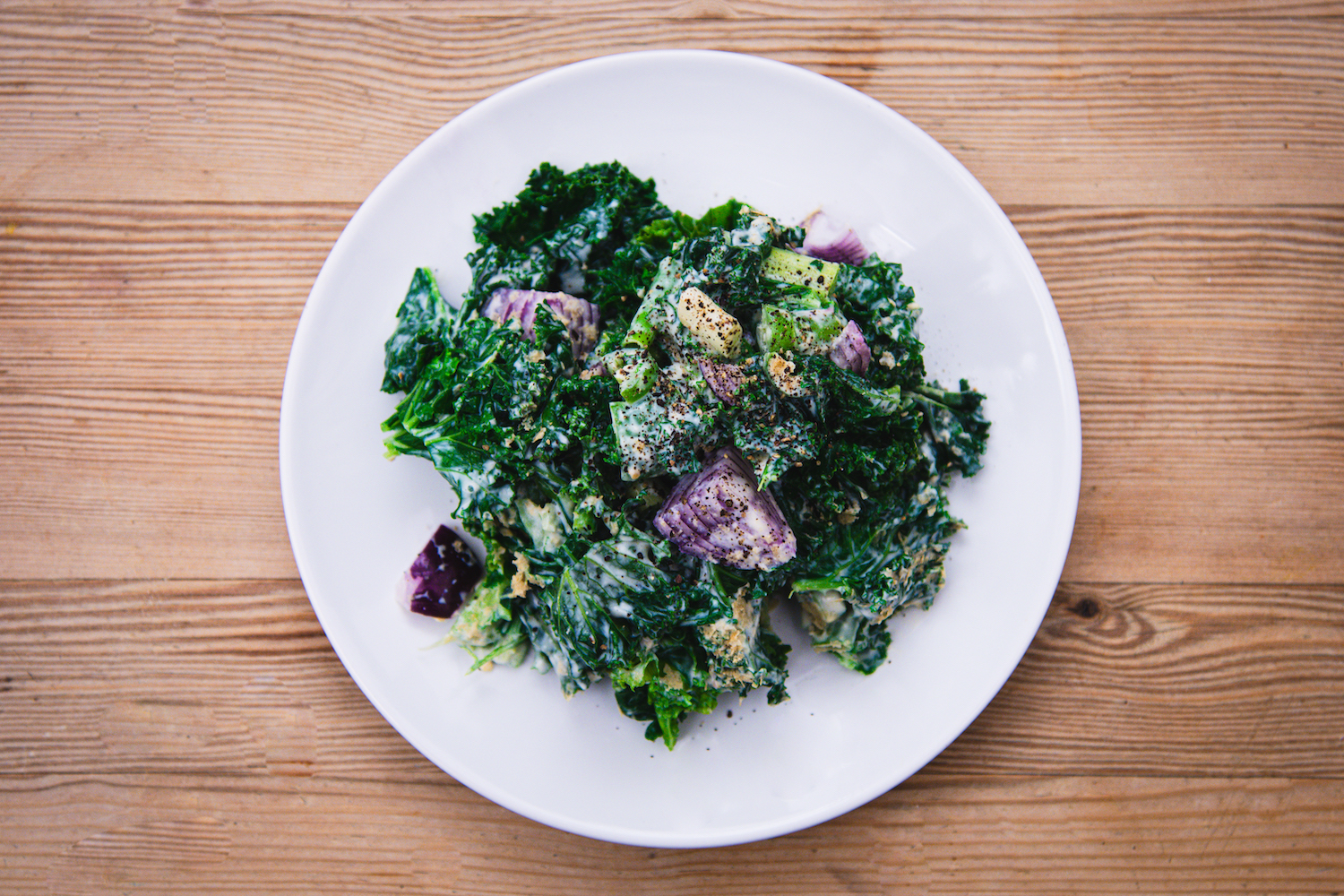Ever wondered what gut testing can do for you? Here, we share our interview with university student Milos, who tells us about his gut health journey – after years of digestive struggles – and what changes he’s made to improve his microbiome.
Milos moved to Copenhagen from Slovakia 3 years ago, to study Digital Concepts. Milos heard about GUTXY from Twitter, when searching for solutions and companies that researches the gut microbiome and biology. He was one of the very first to take a GUTXY test. Here, he shares his experience.

How would you describe GUTXY to a friend?
“A start up company that explores the human microbiome. They test which kind of bacterias that lives in the gut. They compare your gut bacteria test results with the healthy population. Then they recommend you a dietary plan, or dietary interventions.”
Can you describe the service – what did you have to do?
“The service was pretty simple. I received a gut kit test, where I had to send in a stool sample for testing. Then GUTXY will actually explore the sample, find the bacterias inside, and discover information about the different bacterias – if they are beneficial or not. After their analysis, they send me a report, and I received a lot of interesting information about my gut microbiome. Both the current state of my gut microbiome, lifestyle and diet recommendations. Also information about mindset and stress.”
Could you use your wellness report feedback, and how?
“Yes, I used the dietary recommendations, what kind of food I should eat more of and include into my diet, all based on my gut microbiome. For instance in my case, I should implement more fermented foods, leafy greens and fiber to my diet. Next, which kind of food I should avoid, for example processed foods, grains, chicken, and eggs.”
“Before I received the report, I didn’t knew anything about my composition of my gut, I didn’t know how many bacterias I had. The surprising thing for me was, that my gut composition was different from the healthy population. Some of my bacterias was connected with inflammation and IBS.”
Did you gain any new insights to your gut?
“Before I received the report, I didn’t knew anything about my composition of my gut, I didn’t know how many bacterias I had. The surprising thing for me was, that my gut composition was different from the healthy population. Some of my bacterias was connected with inflammation and IBS. ”
How was your experience with testing your gut wellbeing?
“It was easy and simple. At first I didn’t know what to expect, then I saw the report and, was thinking about how to use it. Before I received the report I ate different foods. I wrote which kind of food I usually eat everyday. Then I found out that actually those foods can create inflammation, so I tried to exclude those types of foods. ”
Have you changed how you think about healthy habits now?
“Yes, it definitely changed.”
Is your microbiome more on your mind?
“I have it on my mind everyday, actually. I try to make more conscious decisions about my eating. When I go to the grocery store, I don’t buy unhealthy food anymore. I only buy products that are beneficial for my microbiome.”
“I started to change my diet, that was the most important, it was a big thing for me..When I go to the grocery store, I don’t buy unhealthy food anymore. I only buy products that are beneficial for my microbiome.”
Did you take any new actions after receiving the report to improve your gut health?
“I changed my diet, that was the most important, it was a big thing for me. At that time I already didn’t eat gluten and lactose, but I also excluded grains and almost all processed foods. I just tried to eat the most basic foods as possible, not already made, not with any food additives, and chemicals. I also improved my sleep habits – I sleep at least 7-8 hours.”
“Actually, sometimes when I don’t have to wake up in the morning, I don’t set my alarm clock, I just wake up when I wake up, when I need it. When my body wake up by itself without alarm, then I think it’s necessary. I also read about some studies and found knowledge from books, that said sleep helps to decrease inflammation. Because during sleep the body produce melatonin, and the melatonin helps. “
How do you think about nourishing your gut wellbeing in your daily life?
“Sleep, diet, and fermented food like kimchi and sauerkraut. Actually, I used to eat it before when I lived in Slovakia, which is included in our classical dishes. I come from the countryside in Slovakia, and we had a large garden, where we eat a lot of fresh greens. But when I moved to the city (Copenhagen), I somehow forgot about it. Then I try to meditate everyday, but sometimes I forget about it. But if I meditate before I eat, I noticed that I digest the food much better, because I don’t have any stress. I also try to work out once a week.”
Do you believe that gut microbiome testing is valuable?
“Yes, for sure, it’s very important. I think it’s overlooked by doctors, and current function medicine. When I asked my Gastroenterologist (both in Denmark and Slovakia), they didn’t know how to test it, and I didn’t get any food recommendations, and they didn’t asked me what I eat. I think it’s important to know. The problem was that they only tried to heal the inflammation (symptoms), but it was not the cause, it was the effect. So I was given some pills against it, and I think in general it is a wrong approach.”
“When I visited one doctor, he tried to only solve the symptoms.. if I went to other doctors, they tried to solve the problem of another disease. They don’t look at the diet that I have, the relations to the environment that I’m living in, and they don’t look at workout and exercise.”
What did you learn, and what was the most valuable from the whole experience?
“I learned overall that I should be more conscious about what I eat. [Now] when I go to the grocery store I buy the food that will help me nourish my gut, and that contains the vitamins I need. Although, I realized that some foods, are actually made by manufacturers to make me addictive to that food, so I will end up eating more of it. So, when I realized that, I just don’t buy it.”
What was the most valuable from the whole experience?
“The fact that I’m more conscious about what I eat.”
Would you recommend this service to others, and why?
“Yes. In Denmark, there is just one company that has this service. I know that there is some companies in the US and UK, but they are not accessible, and they don’t offer the service here in Denmark. So if someone has Crohn’s disease or IBS, or some other diseases, it would be good to know about how the microbiome composition is.”
“It is also important to look at the diseases in a holistic way. For instance when I visited one doctor, he tried to only solve the symptoms, but the symptom of one single disease. If I went to other doctors, they tried to solve the problem of another disease. They don’t look at the diet that I have, the relations to the environment that I’m living in, and they don’t look at workout and exercise. So I think if a doctor or company, that will connect all these elements that affects the human health, it would be more beneficial.”



